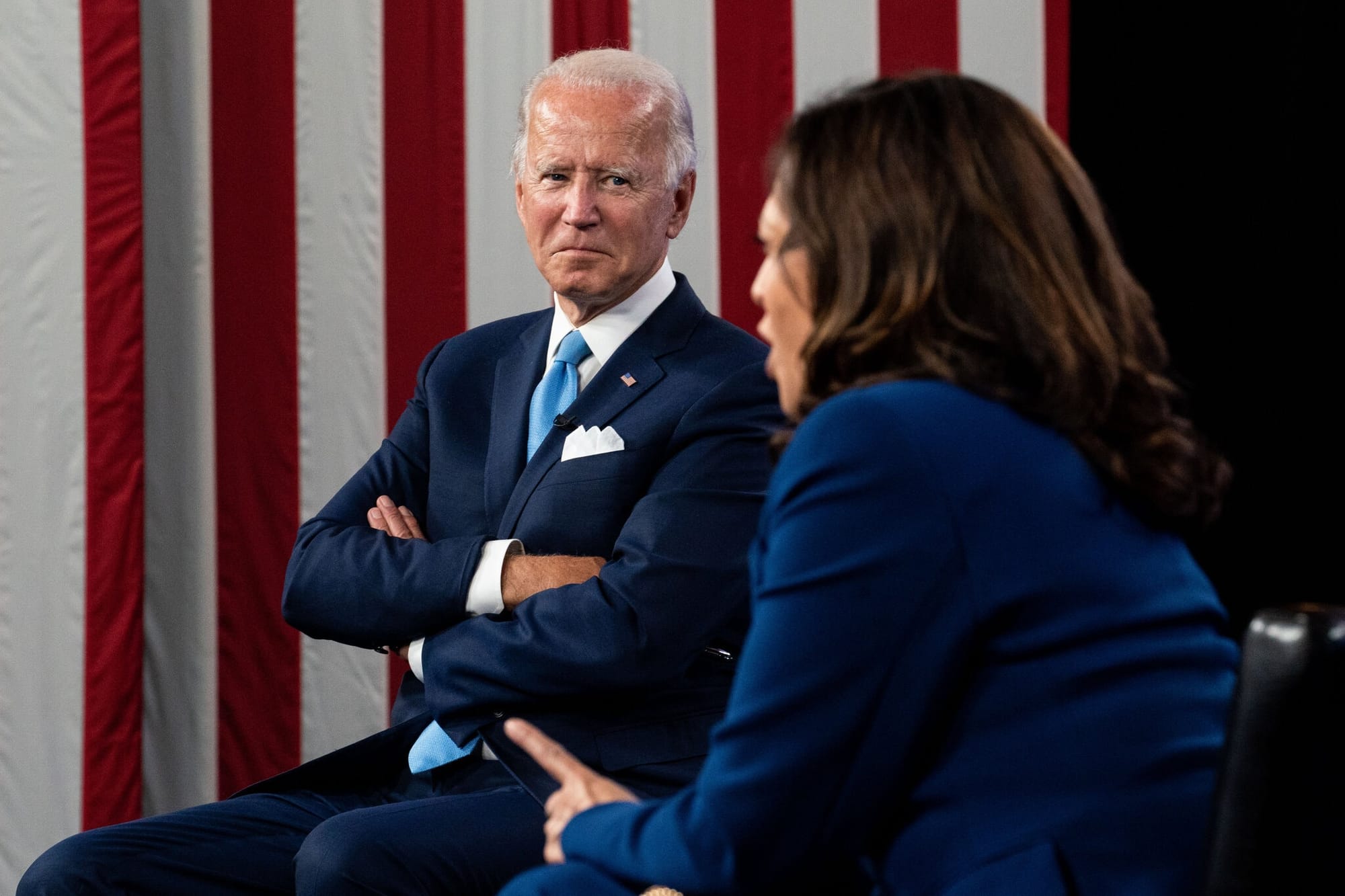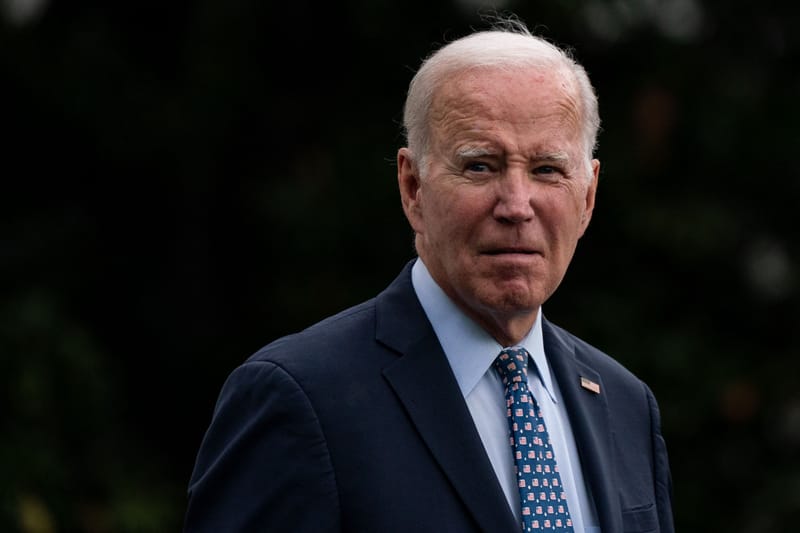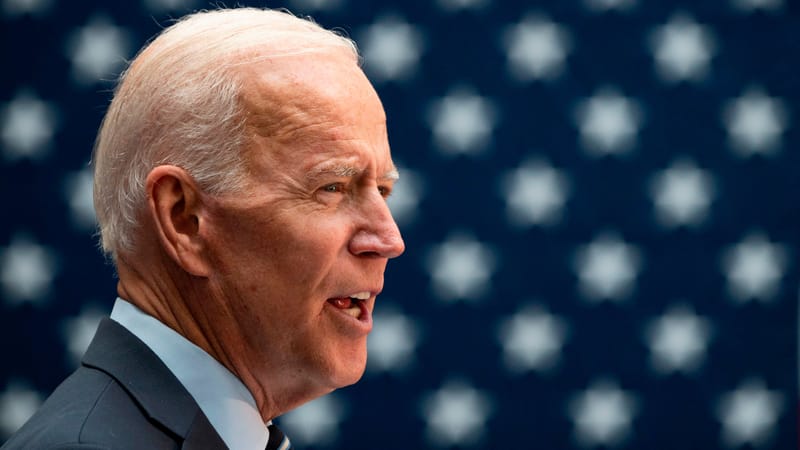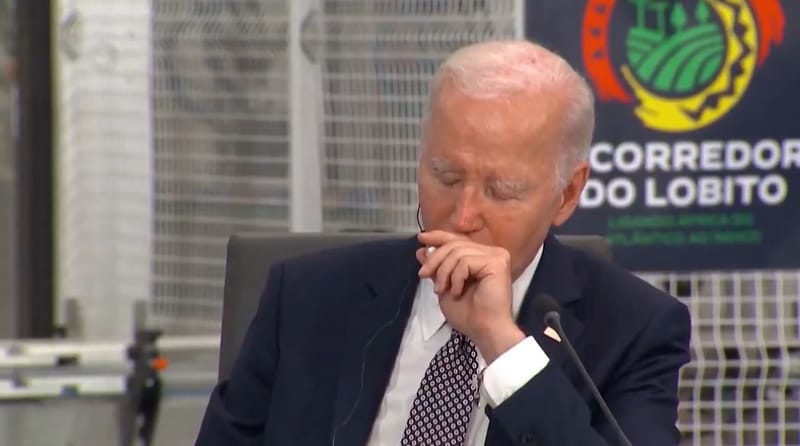Tensions Rise as Kamala Harris Seeks to Distinguish Herself from Biden in 2024 Campaign says Axios
In the final stretch of the 2024 presidential race, an undercurrent of tension has emerged between President Joe Biden and Vice President Kamala Harris, as highlighted by recent campaign dynamics and public statements. Despite Biden's initial endorsement of Harris after stepping down from his reelection bid, the relationship
In the final stretch of the 2024 presidential race, an undercurrent of tension has emerged between President Joe Biden and Vice President Kamala Harris, as highlighted by recent campaign dynamics and public statements. Despite Biden's initial endorsement of Harris after stepping down from his reelection bid, the relationship dynamics have shown signs of strain, with Harris's team seeking to carve out her own identity distinct from Biden's legacy.
Recent reports indicate that Harris's campaign is wrestling with how to maintain a balance between leveraging Biden's accomplishments and distancing herself enough to appeal to voters looking for change. This strategy was evident when Harris introduced policies like a less aggressive hike in capital gains tax compared to Biden's proposals, signaling a deviation from her predecessor's economic plans.
The tension was palpable when Biden made a surprise appearance to comment on national issues, overshadowing Harris's own campaign events. This move was perceived by some as Biden's attempt to reclaim the spotlight, leading to discussions about whether these actions are deliberate or simply the result of long-standing political habits.
Moreover, Harris's approach to foreign policy, especially her response to escalating Middle East tensions, has been cautious, aiming not to alienate key voter bases like those in Michigan, where Middle Eastern policy has significant electoral implications. This has led her to publicly acknowledge the pain felt by communities due to ongoing conflicts, subtly distancing herself from Biden's more hawkish stances.
A notable instance of this tension was reflected in Biden's decision to inject himself into the campaign narrative, such as his comments on Hurricane Helene, which many interpreted as an attempt to overshadow Harris's leadership during a crisis. Critics argue this reflects Biden's reluctance to fully embrace the role of the supportive former leader, possibly due to personal disappointment over having to step aside.
However, from Biden's perspective, his actions might be seen as efforts to ensure his legacy's continuity through Harris, albeit with a nuanced approach that still allows him to influence policy and public perception.
White House spokespeople have defended Biden, stating his support for Harris has been consistent, emphasizing a unified front against what they describe as potential moves towards divisiveness and extreme policies.
This evolving narrative between Biden and Harris underscores the delicate transition within the Democratic Party, where loyalty to Biden's policies must be balanced with the need for Harris to establish her own presidential identity. As the campaign progresses, how these tensions resolve could significantly impact voter turnout and enthusiasm for Harris, navigating her path to potentially become the next President of the United States.




